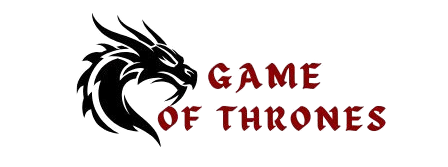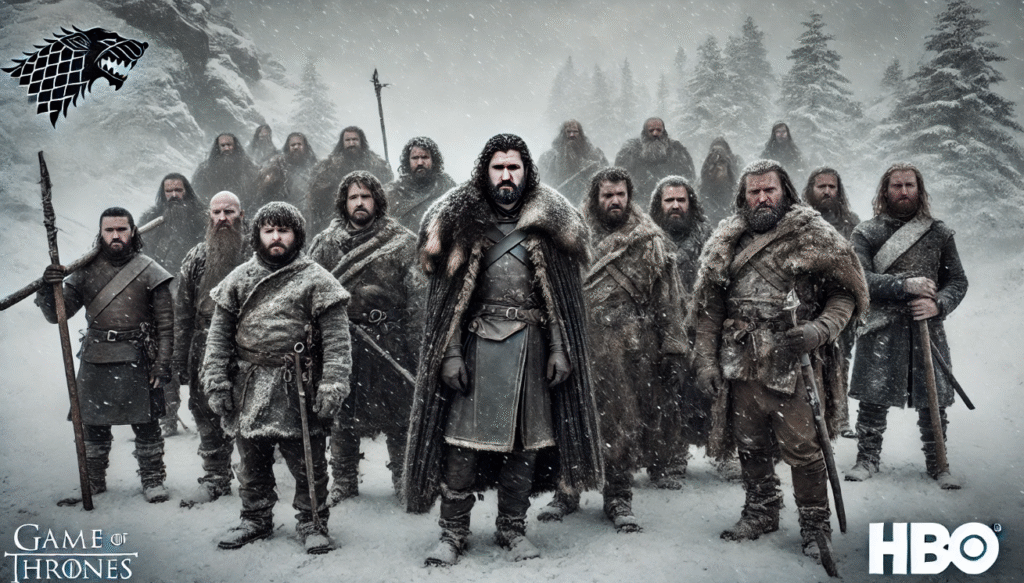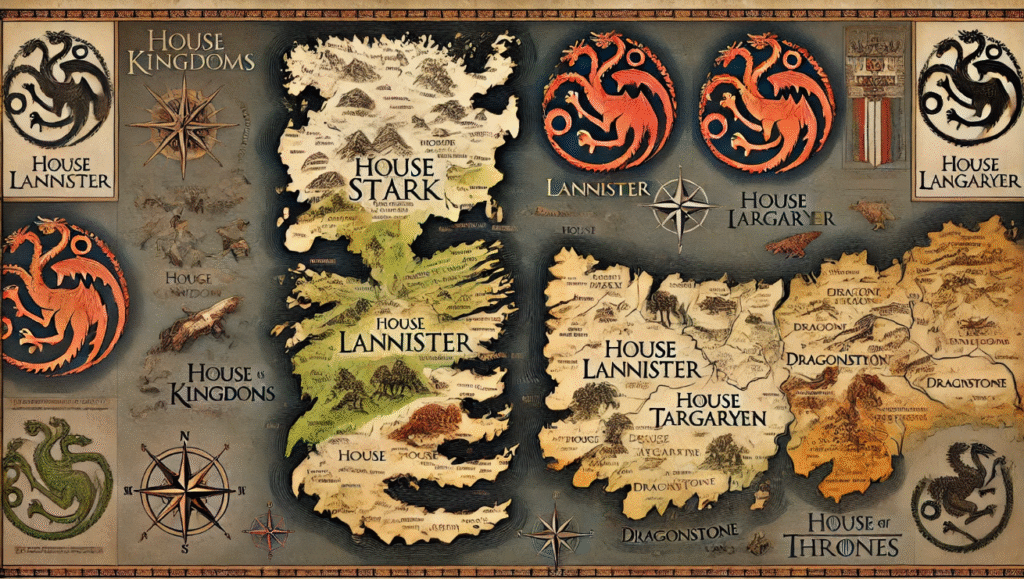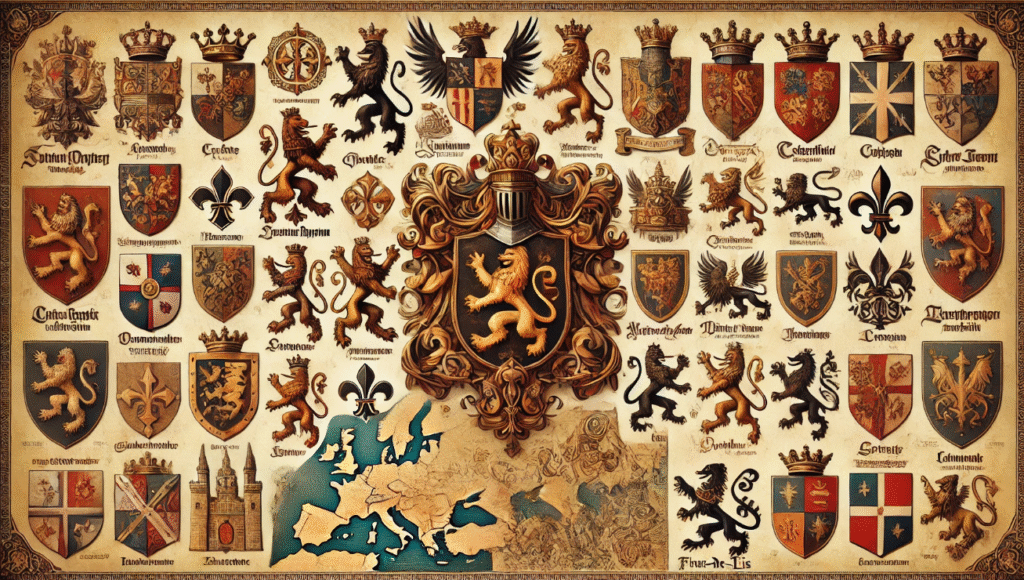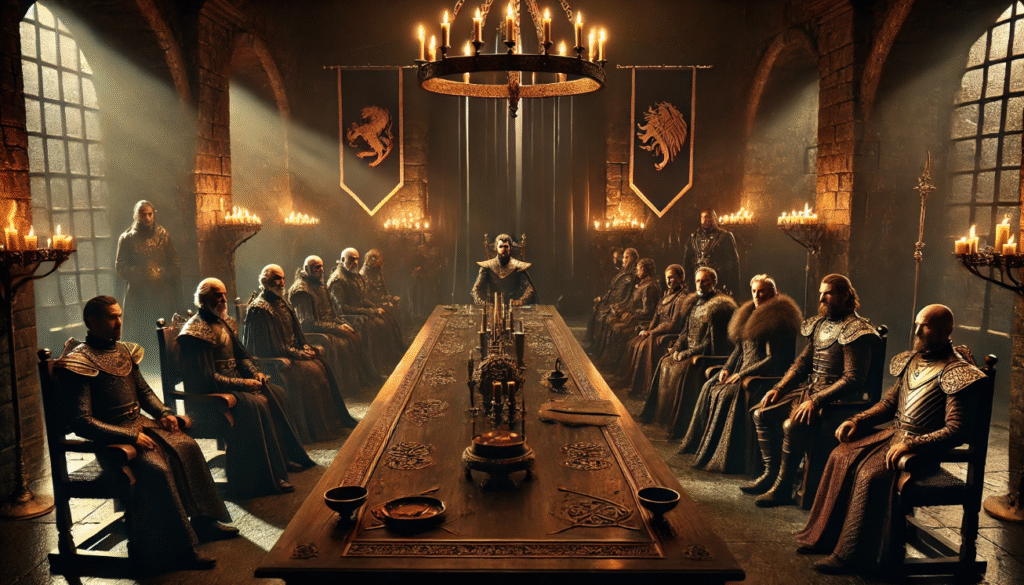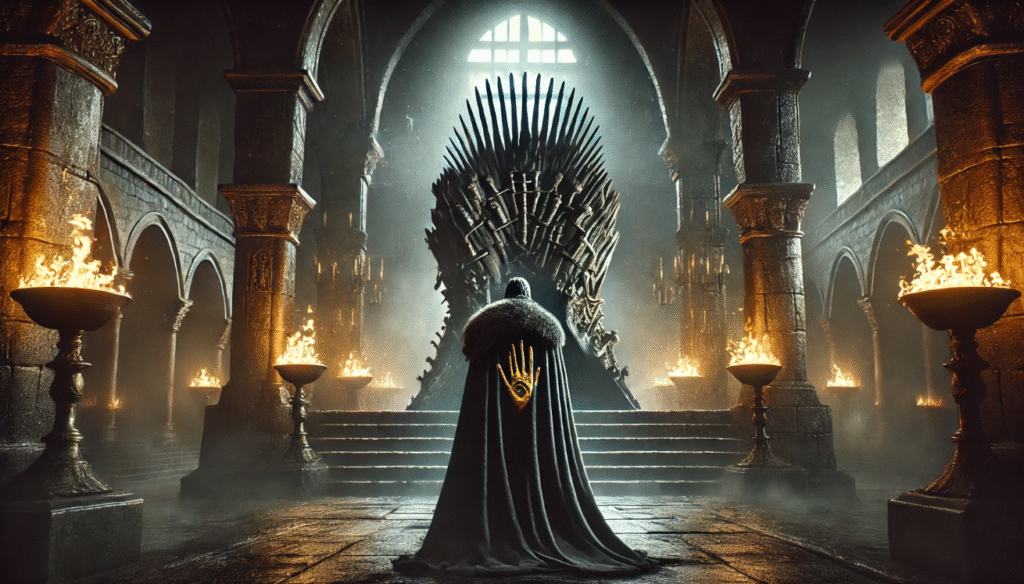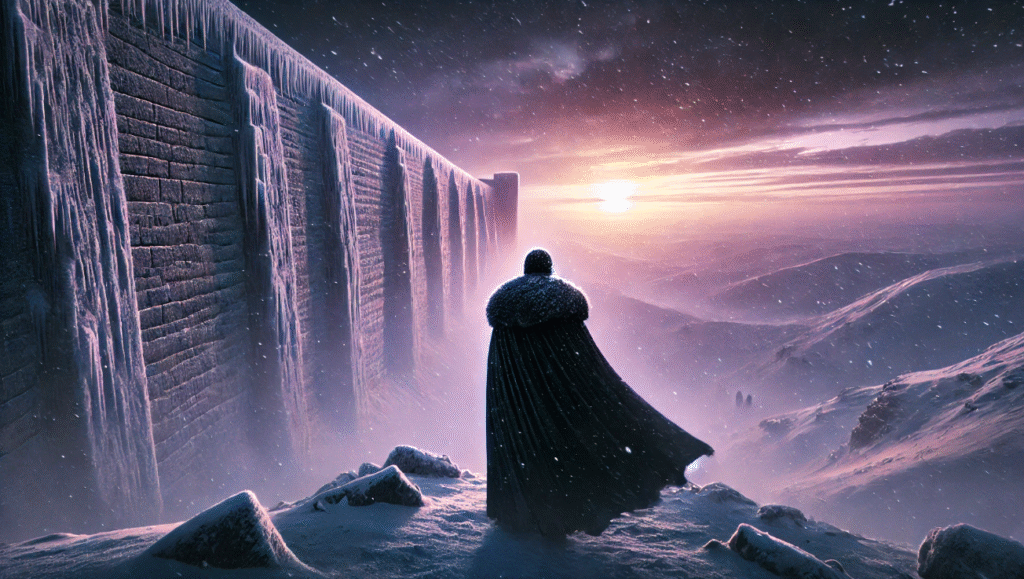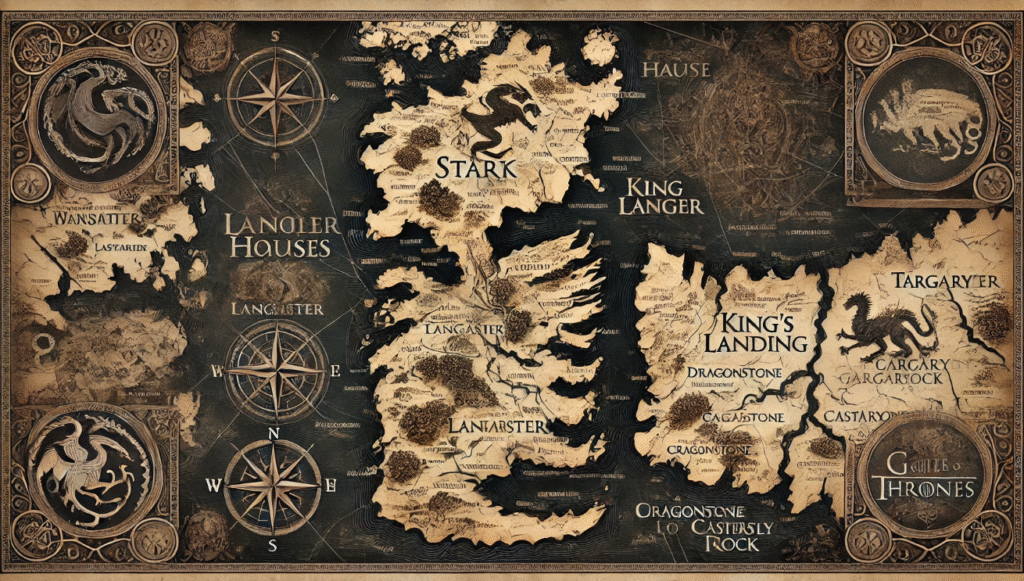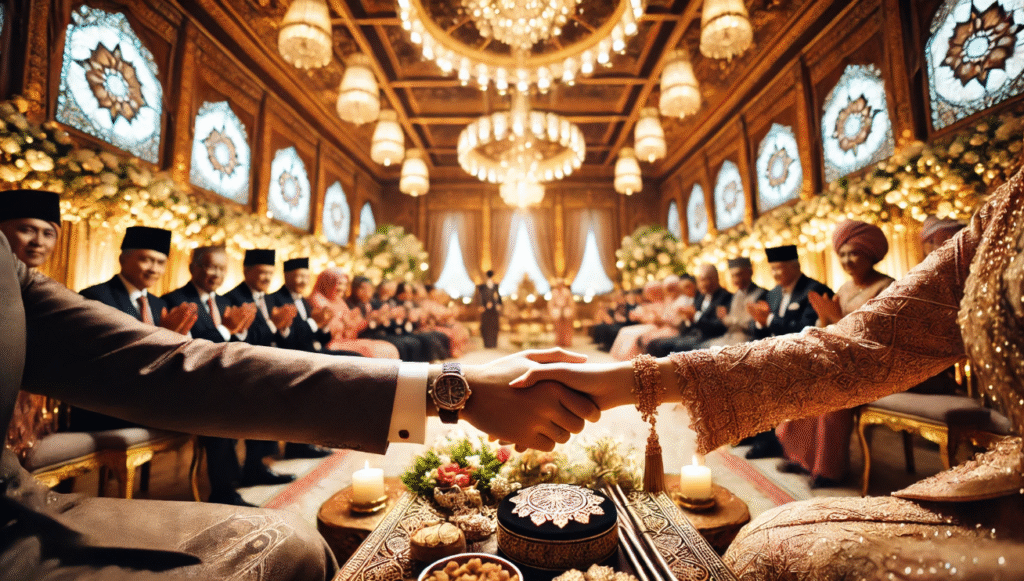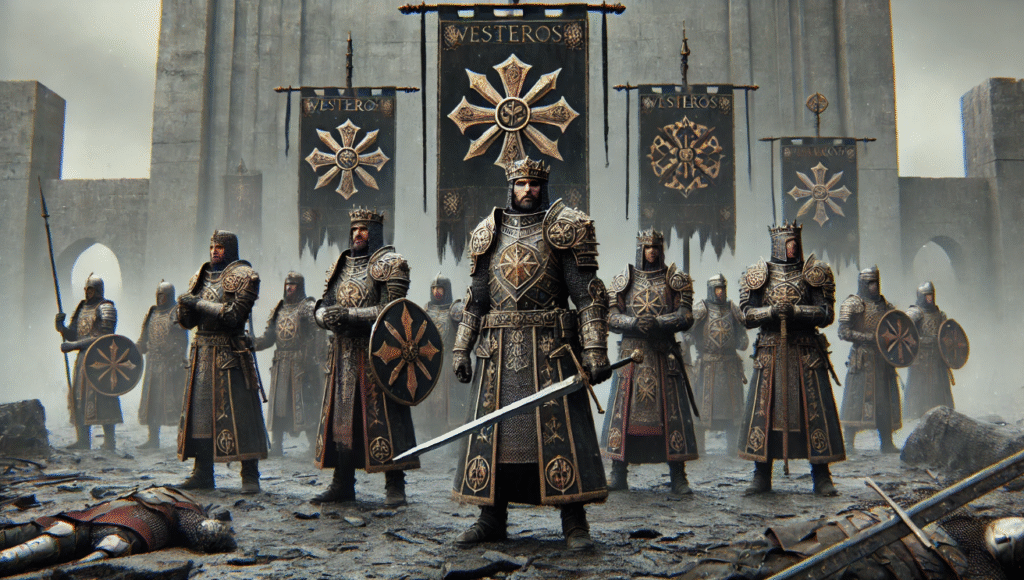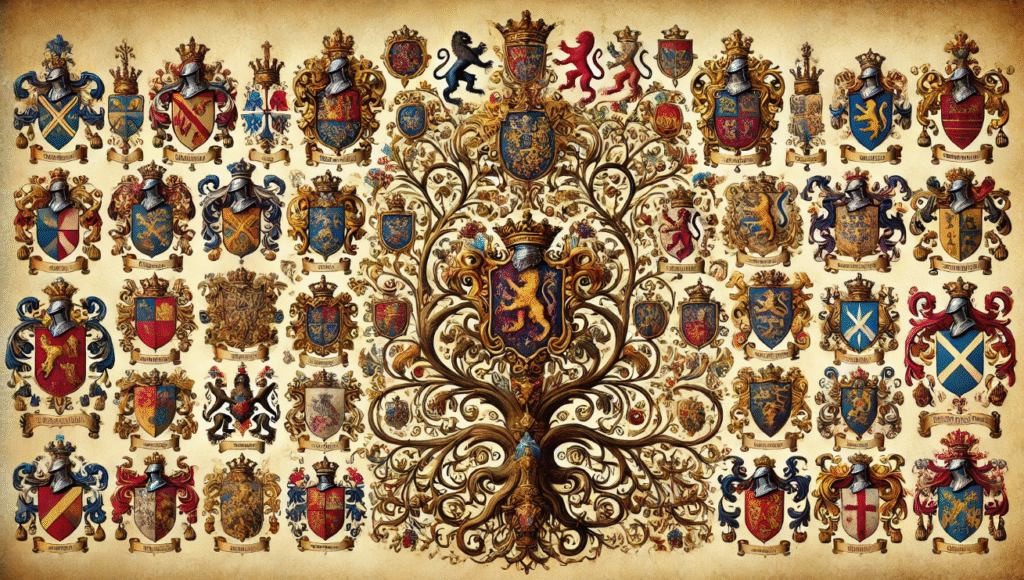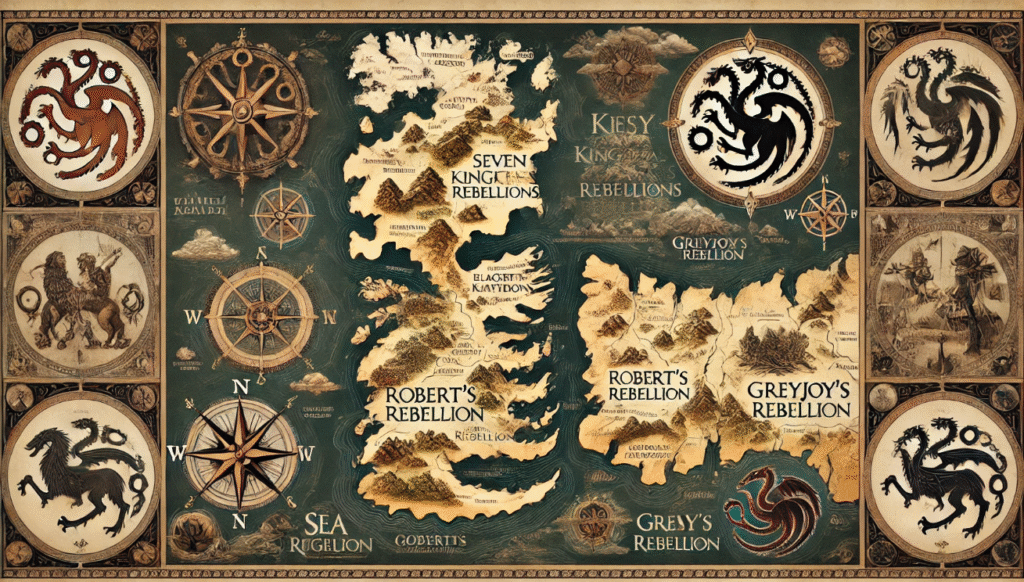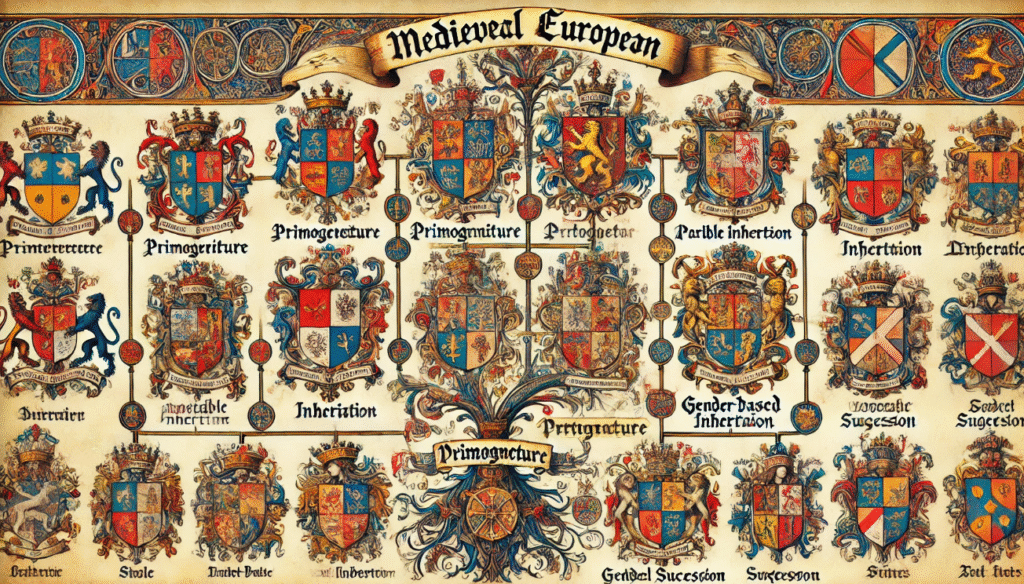
In a realm defined by rigid hierarchies, ancient oaths, and dynastic power, the Free Folk—commonly known as the Wildlings—stand as a bold exception. Living beyond the Wall and outside the control of the Iron Throne, they reject the rules that bind the rest of Westeros. How the Wildlings challenge the status quo is not just a tale of rebellion, but a powerful narrative of freedom, survival, and identity. Their defiance exposes the cracks in a system built on fear and tradition, making them one of the most disruptive and intriguing forces in the Game of Thrones universe.
The Status Quo in Westeros: Traditional Power Structures
In the fictional world of Westeros, the power structure is deeply rooted in feudalism, with noble houses holding significant influence over their respective territories. At the top of this hierarchy sits the king, who is regarded as the ultimate authority and ruler of the Seven Kingdoms. Below the king, the noble houses wield power and authority over their lands and people, maintaining a rigid social order. This system of governance is characterized by loyalty, duty, and the exchange of land and protection for service and fealty. The noble houses play a crucial role in upholding the stability and order of the realm, while also engaging in complex political maneuvers and power struggles to further their own interests.
The Night’s Watch in Game of Thrones serves as a symbolic protector of the status quo by representing the old ways of controlling threats from beyond the Wall. The Wall itself is a physical barrier that separates the Seven Kingdoms from the dangers that lie beyond, such as the White Walkers and wildlings. The Night’s Watch is tasked with defending the realm from these threats, and their commitment to their duty reflects the traditional values of honor, duty, and sacrifice. By upholding the ancient oaths and traditions of the Night’s Watch, the characters in the story also symbolize the preservation of the established order and the resistance to change.
In Westeros, cultural norms are deeply ingrained and heavily influence social, gender, and class roles. Traditional values and expectations govern nearly every aspect of life, and there is often tension between these long-standing customs and the desire for change. Social roles are heavily influenced by birthright and family lineage, with noble houses holding significant power and influence. Gender roles are also strictly defined, with men typically holding positions of authority and women expected to fulfill domestic and nurturing roles. Class distinctions are also deeply ingrained, with a clear hierarchy that dictates one’s opportunities and privileges based on their station in society. The tensions between tradition and change are ever-present, with some individuals and groups challenging the status quo and advocating for more progressive attitudes.

Who Are the Wildlings? The Outsiders of Westeros
The Wildlings, also known as the Free Folk, are a diverse group of people who live beyond the Wall in the northern regions of Westeros. They are free from the feudal systems of the Seven Kingdoms and have their own unique culture and way of life. The origins of the Wildlings can be traced back to the First Men, the original inhabitants of Westeros, who chose to live beyond the Wall to escape the rule of the Andals and the Targaryens. Over time, the Wildlings have developed their own customs, traditions, and social structures, making them a fascinating and independent group within the world of Game of Thrones.
The Wildlings, also known as the Free Folk, place a high value on freedom, equality, and survival. They reject the strict social hierarchies and rules of the southern regions of Westeros, preferring to live according to their own rules and traditions. Notable Wildling leaders such as Mance Rayder, Jon Snow, and Ygritte embody these values in their actions and leadership. Mance Rayder, also known as the “King-Beyond-the-Wall,” united the various Wildling factions and led them in a quest for freedom from the oppressive rule of the Night’s Watch and the southern kingdoms.

Rejection of Traditional Power and Authority
Mance Rayder, also known as the “King-Beyond-the-Wall,” was a significant figure in the leadership of the Wildlings. His vision was to unite the various Wildling tribes in defiance of the centralized power of the Seven Kingdoms. He believed in the importance of personal freedom and autonomy for the Wildlings, and sought to create a society where they could live according to their own customs and traditions without interference from the ruling powers of Westeros. Mance Rayder’s leadership was characterized by his ability to unite the Wildlings under a common cause and to inspire them to fight for their independence.
The Wildlings, also known as the Free Folk, have a society that values equality and collective decision-making over the rule of a singular leader. They reject the idea of bowing to kings or lords, instead emphasizing leadership by consensus. This challenges the rigid aristocratic norms of Westeros and reflects their belief in autonomy and freedom. The Wildlings prioritize individual freedom and self-governance, with each member having a voice in decision-making. This rejection of a central ruler reflects their commitment to independence and their refusal to be controlled by outside authority.

The Wildlings as a Symbol of Resistance and Revolution
The Wildlings in the popular television series Game of Thrones represent a cultural and social revolution within the world of Westeros. As a group of people living beyond the Wall, they challenge the existing norms of society and tradition within the Seven Kingdoms. The Wildlings’ desire for a more egalitarian society, where individuals have greater freedom and autonomy, reflects a significant shift away from the hierarchical and rigid social structure of the rest of Westeros. Their rejection of traditional rulers and their emphasis on individual freedom embodies a challenge to the existing power dynamics and societal norms within the larger world of Game of Thrones. In this way, the Wildlings serve as a powerful symbol of cultural and social revolution in a world steeped in tradition.
In the world of Westeros, gender roles are often strictly defined, with women expected to fulfill certain roles and men to fulfill others. However, characters like Ygritte and the Old Bear challenge these traditional gender roles through their leadership and actions. Ygritte, a wildling woman, is a skilled warrior and a fierce leader, defying the typical image of women as delicate and submissive. The Old Bear, also known as Jeor Mormont, showcases a different type of leadership by recognizing and valuing the contributions of women, such as his advisor and confidante, Maester Aemon. Their actions show that in Westeros, as in the real world, gender should not limit a person’s ability to lead and make important decisions.
The Wildlings’ relationship with the “Others” in Game of Thrones challenges the idea of “otherness” and shows how people from different backgrounds can come together in the face of a common enemy. This dynamic serves as a powerful metaphor for breaking down racial barriers and promoting unity in the face of adversity. It’s a powerful message that resonates with audiences and serves as an important commentary on the complexities of human relationships and the potential for unity in the face of shared challenges.

The Clash of Civilizations: Wildlings vs. the Seven Kingdoms
The conflict between the Wildlings and the people of the South, including the Night’s Watch and various noble houses, was rooted in a long history of animosity and distrust. The Wildlings, also known as the Free Folk, lived beyond the Wall and were viewed as a threat by the people of the South. They were seen as barbaric and uncivilized, and their raids on the lands south of the Wall only fueled the fear and hostility towards them. The Night’s Watch, whose primary duty was to defend the Wall and the realm from Wildling attacks, constantly clashed with the Free Folk.
The Battle of the Bastards is a pivotal moment in the Game of Thrones series, where the Wildlings, led by Jon Snow, face off against the armies of the North, commanded by Ramsay Bolton. The battle is a brutal and intense showdown, with the Wildlings displaying incredible bravery and resilience in the face of overwhelming odds. Despite being outnumbered and outmatched, the Wildlings refuse to back down, fighting fiercely to reclaim Winterfell and avenge their fallen comrades. The Battle of the Bastards is a gripping and emotional display of courage and determination, showcasing the unwavering spirit of the Wildlings in the face of adversity.
The question of co-existence or destruction between the Wildlings and the traditional forces of Westeros is a complex and ongoing issue. The Wildlings, also known as the Free Folk, have long been depicted as a threat to the stability and safety of the Seven Kingdoms. However, as the series progresses, we see that the Wildlings are not inherently evil or destructive, but rather a group of people who have been forced to live beyond the Wall due to various reasons, including the threat of the White Walkers. The challenge of finding common ground between the Wildlings and the traditional forces of Westeros is a significant one, as it involves overcoming deep-seated prejudices and historical animosities.
Conclusion
The Wildlings in Game of Thrones reject traditional power structures and seek freedom and equality. They resist the oppressive systems of Westeros and challenge the status quo. Their story serves as a metaphor for those who challenge long-standing traditions and fight for a more just and inclusive world. The ongoing need for rebellion against outdated norms and the quest for a more egalitarian society is a timeless struggle that continues to resonate with people today. The Wildlings’ story reminds us of the importance of standing up against injustice and working towards a more equitable and inclusive society.
